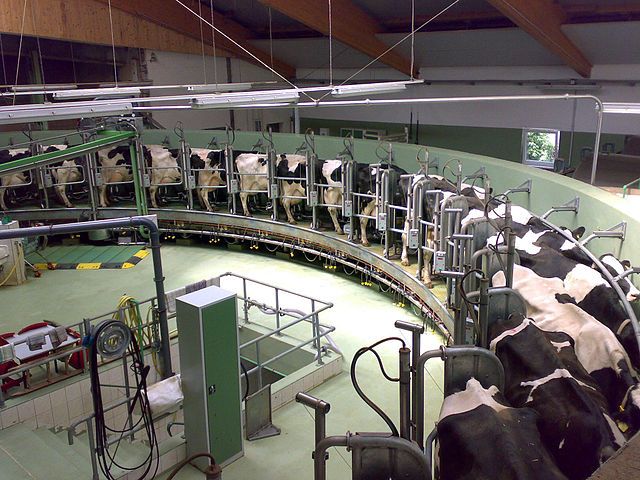Over the last year, the supermarket price of a litre of milk has risen by 1.50 kroner.
After several years of falling milk prices, farmers have responded by producing less of it. Together with an increase in worldwide demand, this has led to higher prices, reports DR Nyheder.
Farmers are now getting 2.77 kroner per litre for milk – which is 49 percent more than last summer, the dairy company Arla’s press officer Theis Brøgger explained, and the trend is expected to continue for a little while yet.
“We’re seeing it especially with regard to butter, cheese products and cream, as there is a lack of milk fat.”
Milking it for all it’s worth
Dairy farmer Hans Jakob Fenger produces 5 million litres of milk per year, and with 91 øre more per litre, that adds up to around 5 million kroner in extra profits.
“That’s great, because we know it can’t last. We’re in a global market subject to price variation, so you need to make sure
you are covered for when the market falls again,” he said.
Fenger intends to invest the welcome windfall in new technology.
However, although farmers are getting 91 øre more per litre, the supermarket price at Bilka has been raised by 1.50 kr. Mads Hvitved Grand, the press officer for Dansk Supermarked that Bilka is part of, explained that what matters is the price that shops have to pay for goods.
“Almost a year ago, the price of milk was incredibly low, so it is really at a more normal level today,” he said.
Neither Arla or Dansk Supermarked would say how much the supermarket chain has to pay Arla for a litre of milk.















